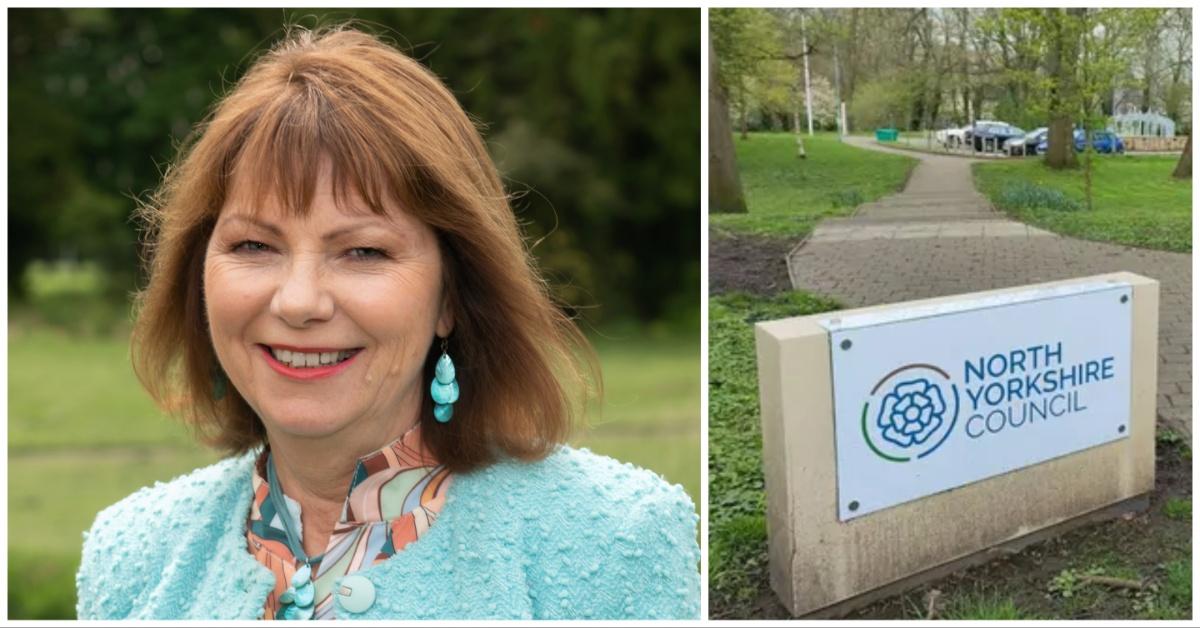Subscribe to trusted local news
In a time of both misinformation and too much information, quality journalism is more crucial than ever. By subscribing, you can help us get the story right.
- Subscription costs less than £1 a week with an annual plan.
Already a subscriber? Log in here.
23
Nov 2024
Council to respond to critical North Yorkshire special educational needs inspection

North Yorkshire Council has said it will respond to an inspection report which was critical of SEND (special educational needs and disabilities) services and described them as leading to “inconsistent experiences”.
Ofsted and the Care Quality Commission carried out a joint inspection of services delivered by the council, NHS West Yorkshire Integrated Care Board and NHS Humber and North Yorkshire Integrated Care Board during April and May this year.
In a report, inspectors found that the arrangements in place at the organisations, which work in partnership on SEND, lead to “inconsistent experiences” for children and young people.
The report listed an array of concerns including “inconsistent support to meet their health, education and social care needs” and inconsistencies in the “identification and assessment” of children’s needs.
Other concerns included out-of-date Education, Health and Care Plans (EHCPs) — legal documents that set out the tailored support a child needs — which led to inaccurate reflections of children’s experiences.
Inspectors said:
The wishes and feelings of most children and young people are captured in their education, health and care (EHC) plans. However, their views are often out of date and their current wishes are not always translated into actions within their plans.
This means that many EHC plans do not always accurately reflect children and young people’s lived experience.
Parents and carers are frustrated with the EHC plan process, including the lack of timeliness of annual reviews and out-of-date health, social care and education information. This is exacerbated if the child or young person is non-verbal, has high needs or has been permanently excluded.
There was also concern from parents over a lack of special educational needs places, leading to long waits in places which do not tailor support to their children’s needs.
However, inspectors added that council leaders had been “tenacious in expanding the number of specialist educational settings”.
The report also acknowledged that council and health officials recognised that there is work to be done on SEND.
It said:
They acknowledge that there is more to do to ensure that their ambitions are realised. Partners across the area work together to implement and embed priorities that they have identified through their SEND strategy.
This has resulted in some positive initiatives, such as the commissioned autism project, where some schools benefit from advice, training and guidance to successfully support pupils with autism.
'Demand not slowing'
Councillors raised the report at a full council meeting last week.
Cllr Janet Sanderson, Conservative executive councillor for children and families, said many of the findings were already in line with the council’s evaluation of SEND.
She said:
The inspection found many positives in the work of the council and wider local area partnerships in meeting the needs of children with SEND.
However, as with many other local area inspections to date, the inspection also highlighted some inconsistencies and the areas for development.
Positively, the areas for development were largely in line with the partnership’s own self-evaluation framework, findings and action plans developed prior to the actual inspection.
Cllr Sanderson added that full action plan to the report’s findings will be published “in the coming days”.
The Stray Ferret has covered the matter extensively with interviews with families with SEND children and the political fallout from the increased demand. You can read our latest articles here and here.

Cllr Janet Sanderson Picture: NYC
Demand for EHCPs has rocketed in recent years, and there is a growing backlog of children waiting to be assessed for places in specialist schools.
In September, we reported that the council had sought to nearly double the number of educational psychologists it employs in order to address the issue.
The extent of the crisis is such that Richard Flinton, chief executive of the council, told the Stray Ferret that he felt the system was “broken”.
Cllr Sanderson told councillors that the additional recruits were tackling the waiting times for assessments, but warned there was no sign that demand was letting up.
She said:
The volume of requests for assessments both nationally and within North Yorkshire are not slowing. As we see increasing numbers of children requiring EHCP assessment, the timeliness of assessments completed in the 20-week timescale continues to be a challenge and a priority for improvement.

Gift someone a Stray Ferret subscription by clicking here.
0